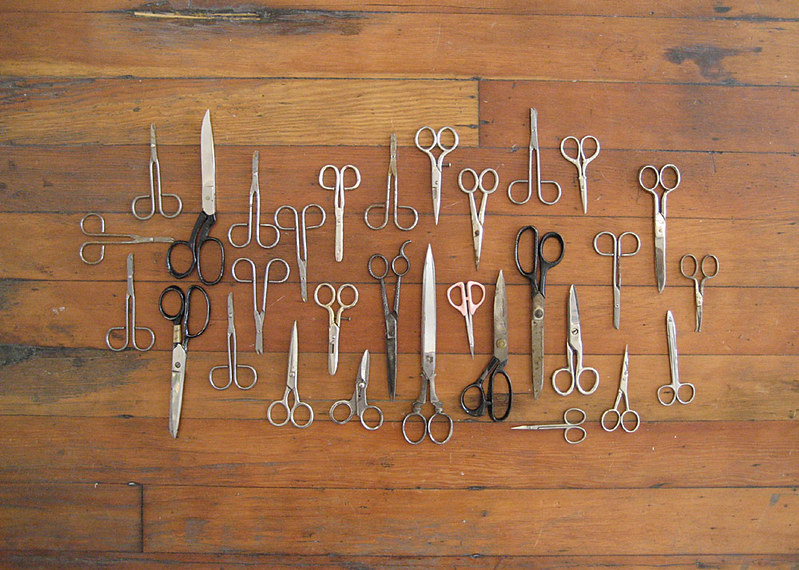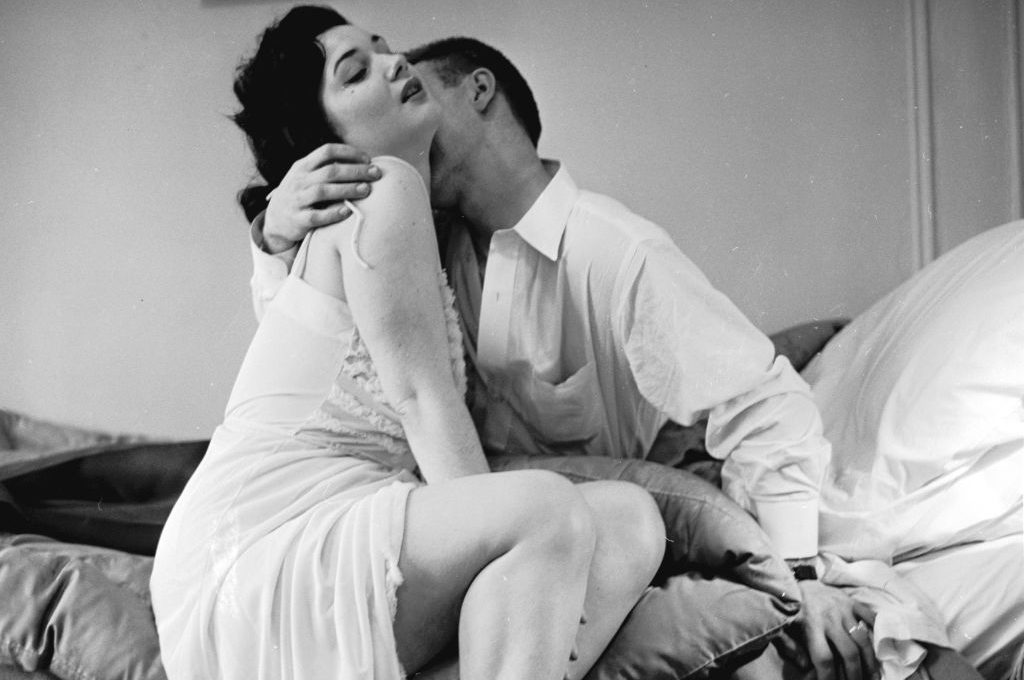Seven men were arrested in England last month on suspicion of involvement in a “castration cult.” Led by a man from London who apparently goes by the name “The Eunuch Maker”, the group is alleged to have castrated people and uploaded footage of the dangerous deeds to a pay-per-view platform.
I suspect the use of the term “cult” is overheated. Certainly, castration has resulted from deranged theological or ideological tendencies. The Skopty sect in the Russian Empire believed in the removal of male genitals and female breasts on the basis that they represented the two halves of the forbidden fruit. (This must have made it remarkably difficult for the sect to grow.) Members of the Heaven’s Gate cult believed in castration as well, seeing it as a means of achieving ascetism.
In this case, on the other hand, there have yet to be any details about what kind of organization or ideology might have been involved. I could be wrong, but I think the smart money is on the term being used to maximize the salaciousness of the story.
Whatever the truth of what went on in England, though, there are men who seek out castrations. Of course, the castrati have a long if troubled legacy in European history, but their modern successors are interested in more than music. British media reports have all referenced the case of the Japanese artist who had his genitals removed and subsequently cooked them for paying customers but the phenomenon tends to be far less public. In Oklahoma, a man was prosecuted last year for botching an amateur castration attempt. He reportedly met his victim on a now defunct forum also named “Eunuch Maker.”
These are only the cases that have been in the public eye. One 2014 study in Natural Reviews Urology explored how many “eunuch wannabes… commonly resort to self-castration, castration by nonmedical professionals or self-inflicted testicular damage via injections of toxic substances.” This final practice is performed so that urologists will extract the damaged testicles. (It’s a tough job.)
Your question is probably the same as mine: why? Mark Hay of the Daily Beast interviewed several self-proclaimed “eunuchs” in 2021. His sympathetic essay explored how some of them had had their testicles or penises removed trying to fulfill a sexual fetish but how most of them were struggling to align their bodies with their self-concepts. For example, they wanted to restrain their sexual urges, or they saw themselves as “gender neutral” or “agender”.
Responses might include revulsion or sympathy, but some would argue that we should support their decisions. Hay’s recent article ends:
We need to fully understand and respect why people make the choices they do, and deliver the support they need.
Even more important… is building a world where people “have complete control of their bodies, no matter how radical the procedures they seek or need may seem to someone else.”
Of course, it is good to understand the choices people make. But is it always necessary to respect those choices? Some people who have sought out castration claim to be much happier and calmer for it. Yet autocastration is well-known to be a sign of chronic paranoid schizophrenia. One study in the Journal of Sexual Medicine suggested that in others, the desire to castrate themselves was correlated with “abuse sustained during childhood, including parental threats of castration” and “religious condemnation of sexuality”, among other things. Would anyone insist that there are not healthier means of dealing with such traumas?
I want to make a more general point here, so permit me an anecdote. When I was a teenager, I experienced body dysmorphia which spiraled into anorexia. As an eighteen-year-old, I felt terribly fat even at a normal weight (to the point where I ruined one of my final exams by dwelling not on Brecht’s theory of epic theater but on how disgusting I was). In the grip of anorexia, meanwhile, I felt like a normal, healthy person even as I starved myself. It is hard for me to grasp now, as a very different person, but back then it seemed natural.
So, should people have respected why I made my choices? Did I deserve complete control over my body?
The obvious response is that this was a mental illness, and that is quite correct — but I am far from convinced that you can draw a nice neat line between “mental illness” (bad) and “everything else” (good). “Illness” and “identity” are not easily separable.
In fact many anorexic people identify as anorexic, frequenting “pro ana” forums and sharing “thinspiration”. They resent the “stigma” and “disapproval” that their preferences are met with. “It’s easier to hide behind these sites claiming that you are making a lifestyle choice,” a young American woman told the BBC in 2007, “Rather than admitting that you are sick and trying to get better.”
Where is the clear distinction between such people and someone who feels compelled to seek out a “cutter”? What about people who want to have healthy limbs amputated? What about people who want to die? Of course, we should respect all decent people as human beings. But should we respect their desires?
By no means is this an attempt to equate all of the phenomena that I have mentioned — or indeed the cases of different people within them. For one thing, if I had not recovered from anorexia I would be dead, whereas there are clearly a lot of people who have undergone extreme forms of body modification and kept on trucking.
Yet I reject the general point that people’s choices for themselves are necessarily deserving of approval or even acceptance. If a person can be a born into a body that is not ideal for them, after all, which I agree with, then it’s hardly surprising that they can be born with disadvantageous mental as well as physical capacities.

























